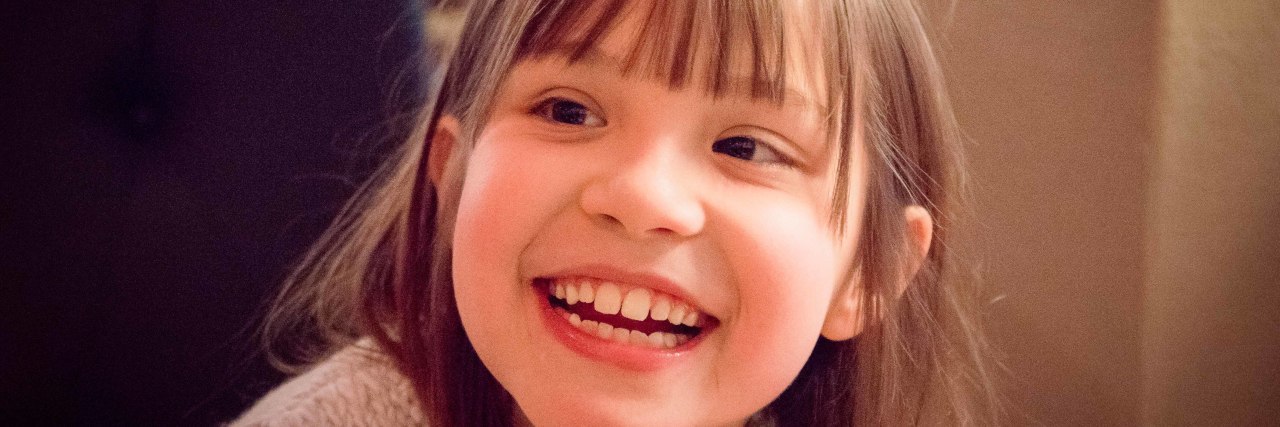My Daughter on the Autism Spectrum Isn't 'Normal' -- and That's OK
Editor's Note
If you’re looking for creative inspiration, check out the Daily Inspirations group on The Mighty.
I still recall the well-intended comments of friends and relatives asking if my daughter with autism is getting any “better.”
By “better,” they mean she is behaving more ”normally.” Well, I am sorry to say that my daughter is not getting any “better.” She has not made any “progress.” But why must that be a problem?
Is achieving “normalcy” the only way to support and help children on the autism spectrum? Is reaching “normalcy” a benchmark that we have succeeded in raising them?
By trying to “fix” them, we are saying it is not OK to be them. We are saying what you do or say and how you act is wrong just because it seems different.
Imagine being asked to write with your left hand when you are actually right-handed or vice versa (unless you have ambidextrous abilities). How unnatural would that feel, not being able to write with your dominant hand?
All of us thrive according to our natural form and function. Why should this be any different for those on the spectrum?
Have you ever considered that people whom you call “low functioning” may actually be engaging in a reality that is far more complex and magnificent than what we typical people experience?
No, my daughter is not “normal,” but she is doing just fine.
I will do my best as her mother to help her adapt to a world that doesn’t quite understand her. Likewise, I will teach her that it is all right to be herself. She should be proud and not be ashamed of her autism.
Four steps that can bring you closer to accepting your child’s autism:
1) View autism as a different ability, not a problem.
By reframing our mindset more positively, we can approach our child with more compassion and empathy.
2) Read about strengths associated with autism.
All of us have our own strengths and weaknesses. It always serves us better when we focus on our strengths.
3) Read about successful people on the autism spectrum.
Hannah Gadsby, Temple Grandin, Greta Thunberg, Daryl Hannah, and Anthony Hopkins are just a few notable people on the spectrum who are accomplishing great things.
4) Consider your child’s special strengths.
Let’s be honest, we have more fun doing the things we love, don’t we?
I understand that the path to acceptance is not an easy one. It is not going to happen overnight. However, for the sake of our children, it is a path I believe all parents of children with disabilities and differences need to strive towards.

